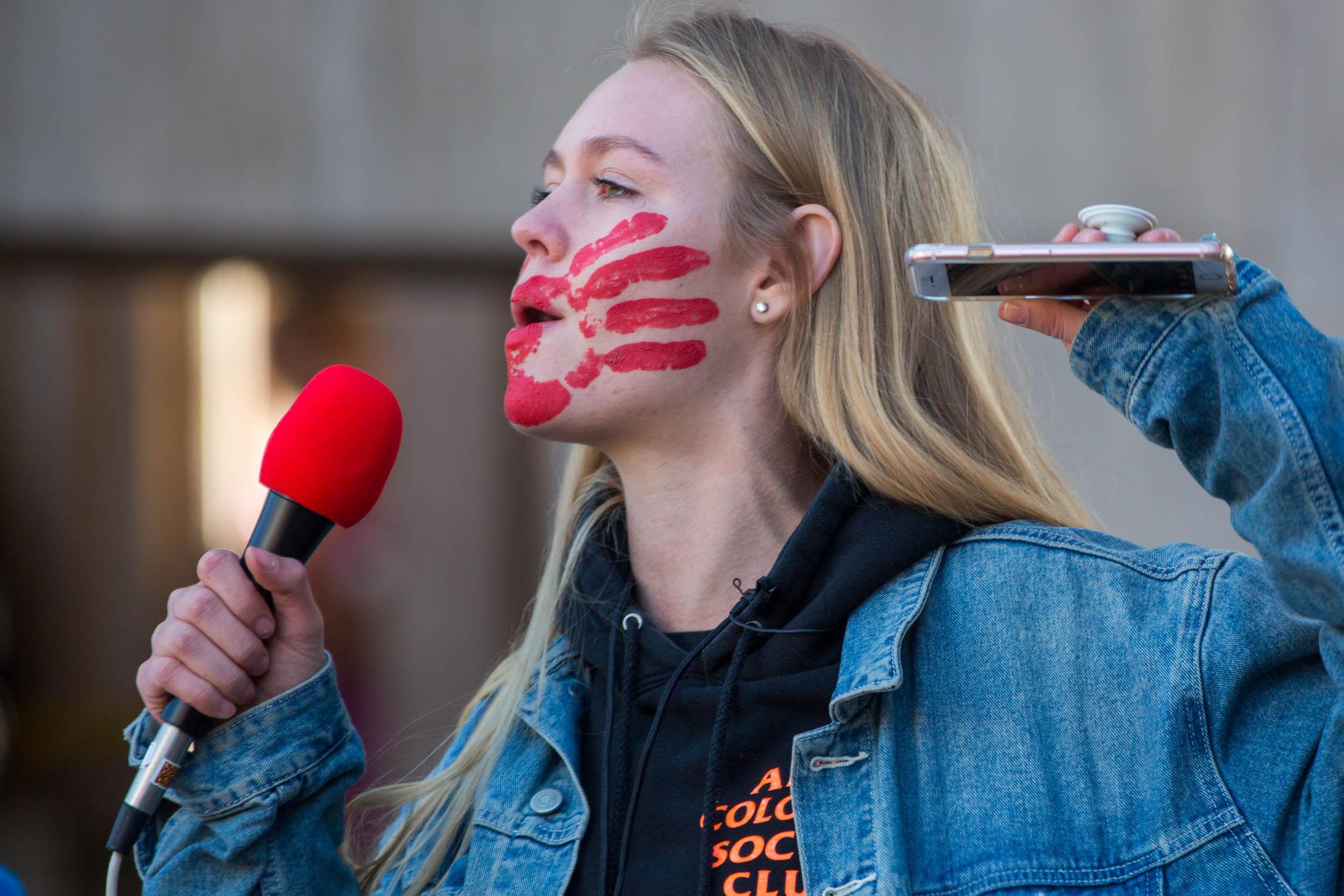Denver City Council members have moved closer to asking voters to raise the sales tax to pay for making homes and buildings more energy efficient, changing streets to give buses and cyclists more space, investing in electric vehicle infrastructure and taking other steps to fight climate change.
After a hearing devoted to climate change on Wednesday, the Safety, Housing, Education and Homelessness Committee forwarded to the full council a recommendation that voters be asked to approve a 0.25 percent sales tax increase. If the full council approves, the measure would appear on the Nov. 3 ballot.
The sales tax is among several recommendations for raising funds to fight climate change included in a recent report issued by the city's Climate Action Task Force. Mayor Michael Hancock agreed to form the task force, which brought together 25 representatives of energy, business, conservation, neighborhood, education and other groups, and launch a new climate office after Denver Council President Jolon Clark dropped an effort to put an energy tax on the 2019 ballot.
Clark said Wednesday that the task force had produced a map that "can actually get us to where we have to be to avoid the worst effects of climate change."
All the committee members said Wednesday that voters should have a chance to decide on the sales tax proposal. But some lawmakers were concerned that increasing the sales tax could hurt low-income communities. There were also questions about how voters would react to being asked to pay more taxes amid the economic slowdown that has accompanied the coronavirus.
Sebastian Andrews, a member of the task force, told the committee members Wednesday that other fundraising methods, such as a tax on energy use, would be harder to administer and might be challenged in court. Task force members also said that the sales tax could be calibrated to spare struggling families by exempting essential items and that some of the funds raised would be earmarked for low-income communities.
The task force estimates that at least $76 million needs to be raised annually over the next decade to meet its goal of Denver reducing greenhouse gas emissions by 40 percent by 2025, 60 percent by 2030, and 100 percent by 2040, with 2005 as a baseline. To raise that, in addition to the sales tax increase, the task force recommended fees on cars and parking.
Resilient Denver, a citizen advocacy organization, already has a climate change proposal on the ballot that would ask voters to approve a tax on electricity and natural gas consumption. Ean Tafoya said his group was ready to withdraw its proposal in favor of the sales tax initiative, but would not move to do so until it is certain that the Climate Action Task Force proposal will be on the ballot.












